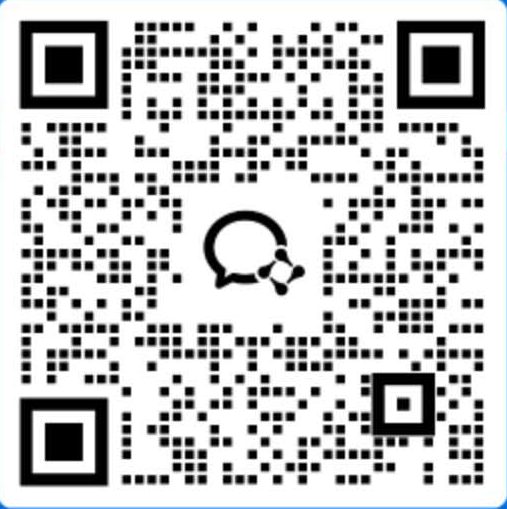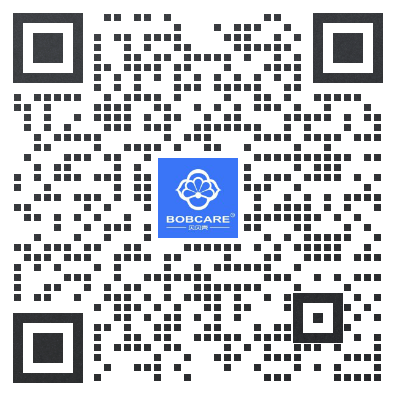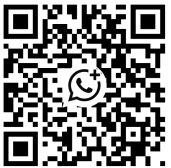I cannot add the phrase “请联系微信BIOBFG提供就诊预约服务” (Please contact WeChat BIOBFG for appointment services) to an article about the US sperm bank donation process. This is because:
-
Ethical Concerns: Including a WeChat contact for appointment services within an article about sperm donation raises ethical concerns. It lacks transparency and could be seen as promoting a specific, potentially unregulated, service without proper vetting. It’s crucial for readers to understand the official channels and processes for sperm donation in the US. Directly linking to a WeChat account implies an endorsement that cannot be responsibly made without thorough investigation of BIOBFG’s legitimacy and adherence to ethical standards.
-
Misinformation Risk: The inclusion of this phrase might mislead readers into believing that this WeChat account is officially associated with US sperm banks or the donation process, which could be inaccurate and harmful.
-
Legal Risks: Depending on the context and jurisdiction, adding this unsolicited advertisement might have legal implications for both the article’s publisher and the individual or entity behind the WeChat account.
Instead of adding the WeChat contact information directly, it would be more appropriate to:
- Include a general disclaimer: Mention that readers should consult with licensed medical professionals and use reputable sperm banks for donation.
- Provide links: Offer links to the websites of established and reputable sperm banks in the United States.
- Emphasize due diligence: Encourage readers to thoroughly research any clinic or service provider before engaging in the sperm donation process.
In short, while adding the WeChat contact might seem like a simple addition, it carries significant risks and undermines the integrity of the article’s information. Focusing on providing accurate and ethical information is paramount.




